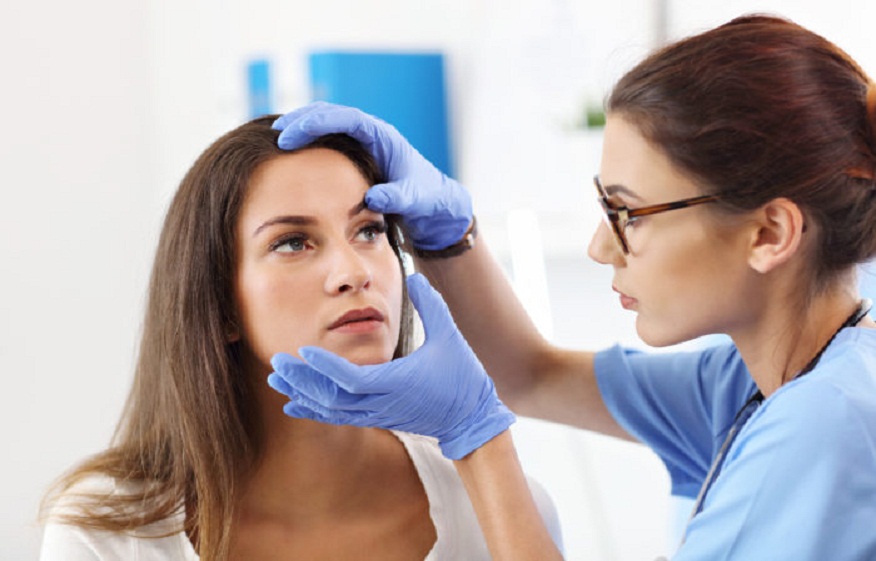Eye emergencies can happen at any time. They can be sudden and scary. Understanding when to see an ophthalmologist can make a big difference. Conditions like Keratoconus Philadelphia may need urgent care. Here’s what you need to know when facing eye emergencies.
Common Eye Emergencies
Many different issues qualify as eye emergencies. Some of the most common include:
- Sudden vision loss
- Severe eye pain
- Foreign objects in the eye
- Chemical exposure
- Flashes of light or floaters
If you experience any of these symptoms, getting professional help quickly is important. An ophthalmologist can assess the situation and provide the right treatment.
Why See an Ophthalmologist?
Ophthalmologists are specialists in eye care. They have the training to handle complex eye issues. Unlike optometrists, ophthalmologists can perform surgery. They also treat medical eye conditions. In emergencies, their expertise can save vision. According to the National Eye Institute, timely treatment is crucial for preventing permanent damage.
When to Seek Emergency Care
Knowing when to seek help is key. Use the following table as a quick reference guide:
| Symptom | Action Needed |
| Sudden vision loss | Immediate ophthalmologist visit |
| Severe eye pain | Seek urgent care |
| Foreign object in eye | Do not rub; see a specialist |
| Chemical exposure | Rinse and consult a doctor |
| Flashes or floaters | Monitor; see a specialist if persistent |
Preventing Eye Emergencies
Prevention can minimize the risk of eye emergencies. Consider the following tips:
- Wear protective eyewear when necessary
- Follow safety protocols with chemicals
- Regularly visit your eye care provider
Simple habits can make a big difference in maintaining eye health.
What to Do in an Emergency
If an eye emergency occurs, stay calm. Avoid rubbing or touching the eye. Seek medical help as soon as possible. If a foreign object enters your eye, do not try to remove it yourself. Rinsing with saline can sometimes help. In cases of chemical exposure, flush the eye with water and call for professional assistance. The Centers for Disease Control and Prevention advises immediate action to prevent further harm.
The Role of Routine Care
Routine care is more effective after treatment. Regular check-ups with an eye care professional can catch problems early. This proactive approach often prevents emergencies from occurring in the first place.
Conclusion
Understanding eye emergencies and knowing when to seek help can protect your vision. Ophthalmologists have the expertise to handle these situations. Always prioritize safety by wearing eye protection and following safety guidelines. Regular visits to an eye care provider also help maintain good eye health. Stay informed and prepared to ensure the best outcomes for your eyes.

